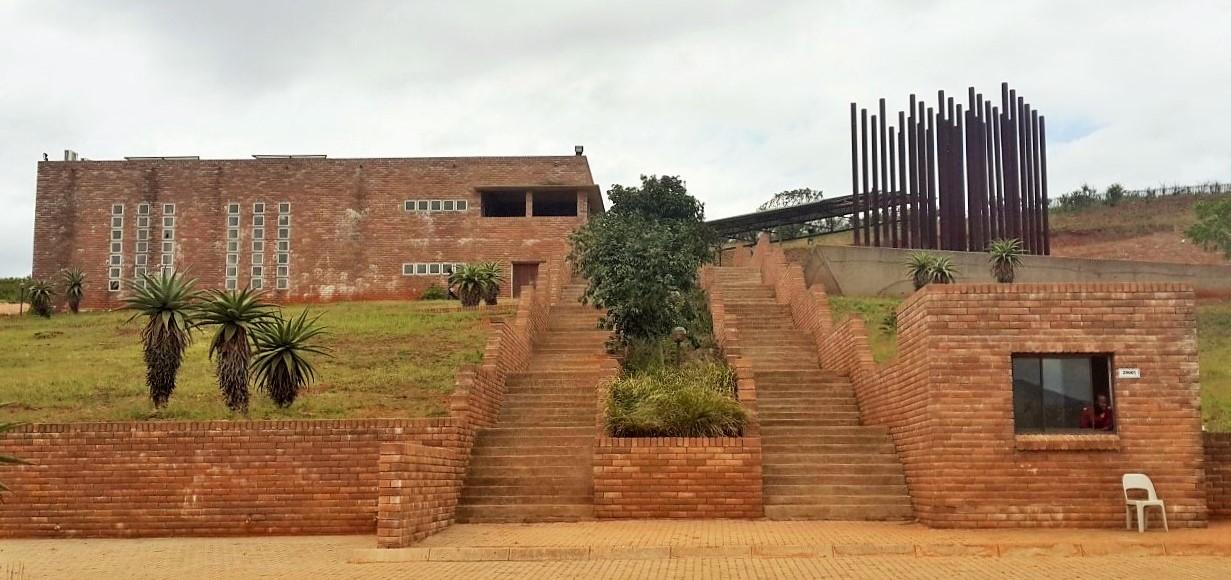
The South African and Mozambique governments will commemorate the 30th Anniversary of Samora Machel’s tragic death, on Monday, 17 October 2016 at the Samora Machel Museum in Mbuzini, Nkomazi Municipality, Mpumalanga Province.
The year 2016 marks the 30th Anniversary of the Samora Machel’s death under the theme, “Commemorating 30 Years of selfless service and dedication to the people of Southern Africa, We remember them.” The theme reminds us to honour and express our gratitude to those who dedicated their lives to ensure that our country achieved freedom and democracy that all of us enjoy today.
Samora Machel, the late former President of Mozambique, was killed in a tragic plane crash in 1986 with 32 people on board when the plane crashed in the Lebombo Mountains, near Mbuzini in Mpumalanga Province. Eight people survived the crash. President Samora Machel was returning from an international meeting with African leaders. There were suspicions that the crash was a deliberate act of sabotage masterminded by the apartheid regime of South Africa. In 1994, after the first democratically elected government in South Africa, an investigation by the Truth and Reconciliation Commission (TRC) found inconclusive evidence pointing at the apartheid government’s involvement in the crash.
Born in 1933 at Chilembene village, Gaza province in Mozambique, after completing his fourth grade, Samora Machel worked as a nurse in Maputo for ten years before joining Mozambique Liberation Front (Frelimo). He then became the Mozambican revolutionary leader and military commander who led the Mozambican people in their struggle for independence from Portugal and eventually became the country’s first president in 1975 until 1986.
During his leadership, President Samora Machel supported and allowed revolutionaries fighting the apartheid regime to operate within Mozambique. This included the ANC military wing, uMkhonto weSizwe. This made the apartheid regime inimical to the Frontline States, whom they sought to destabilise, at every turn.
The present democratic government of South Africa continues to enjoy a strong relationship with Mozambique based on historic ties and geographical proximity, with Mozambique having played a key role during the liberation struggles against apartheid and colonial oppression. The integration of the Southern African Development Community (SADC) remains critical for the economic development of the region.
The 30th Anniversary of Samora Machel forms part of the Legacy Projects initiative led by the Department of Arts and Culture aimed at redressing and transforming the heritage landscape to truly tell our liberation journey from colonial times, during the liberation struggle and the democratic era.
“The mandate of the department is to ensure that our stories, our heritage is preserved, promoted and used as a vehicle to foster nation building and social cohesion, inclusive citizenry participation and economic development. South Africa acknowledges the support and solidarity provided by its neighbouring States during the era of oppression.
We believe that while commemorating, the 30th Anniversary of Samora Machel’s passing, the citizens of both countries should draw lessons from the sacrifices and the significant contribution made by those who came before us in the liberation of African people,” said Minister Nathi Mthethwa.
We call upon citizens of both countries to commemorate the 30th Anniversary of the passing of President Samora Machel and to pay tribute to all those who lost their lives on this tragic day in our history. Let there be continued peace and friendship between the South African and Mozambican people.
For media enquiries, please contact:
Ms Teresa Magidela
E-mail: TeresaM@dac.gov.za
Tel: 012 441 3626
Cell: 060 601 7724
For more information, please contact:
Ms Lisa Combrinck
Spokesperson to the Minister
Cell: 082 821 4886
Disclaimer: Any views expressed by individuals and organisations are their own and do not in any way represent the views of The Heritage Portal.
